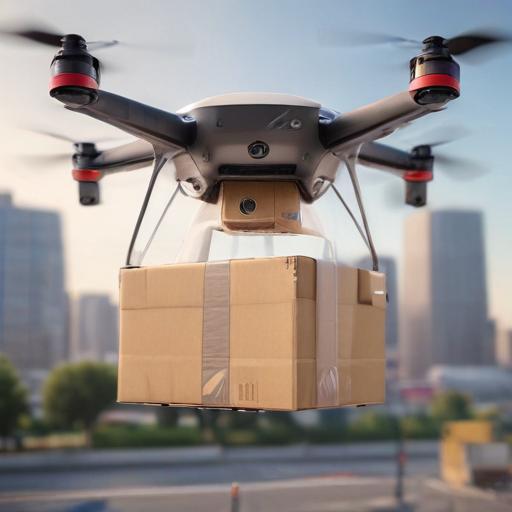Coco Robotics has successfully secured $80 million in financing, a move the company announced on Wednesday. This funding will be directed towards scaling its fleet of delivery robots, expanding enterprise partnerships, and enhancing its artificial intelligence systems.
Coco has made significant strides in the delivery space, completing over 500,000 zero-emission deliveries in various U.S. cities, including Los Angeles, Chicago, and Miami. The firm’s partnerships with major players like DoorDash and Uber Eats have been pivotal. In April, DoorDash collaborated with Coco to facilitate deliveries from 600 merchants in Los Angeles and Chicago, targeting over 100,000 deliveries in Los Angeles during a pilot phase. Similarly, Uber Eats began its partnership with Coco last August in Los Angeles before broadening its services to Miami a few months later.
The recent funding attracted not only returning investors such as Sam and Max Altman, Pelion, Outlander, and SNR but also new participants like Offline, DeepWater, and Ryan Graves, CEO of Saltwater and a former senior vice president at Uber.
Looking ahead, the investment will bolster Coco’s deployment of autonomous bots, particularly for small orders and short-distance deliveries, which typically aren’t cost-effective for traditional drivers. The company aims to add 10,000 vehicles to its fleet by 2026, positioning itself as a leader in autonomous delivery services.
Zach Rash, CEO and co-founder of Coco Robotics, emphasized the company’s commitment to constructing a viable business model focused on today’s economic realities. “We’re now at the forefront of applying AI to solve real, everyday problems in urban logistics,” he stated, expressing optimism about the impact of the funding on their growth trajectory and its potential to innovate within the industry.
Overall, this development highlights the growing interest in automated delivery solutions and the commitment towards sustainable logistics. As technology continues to evolve, companies like Coco Robotics are poised to redefine how urban deliveries are managed, emphasizing efficiency and environmental responsibility.
